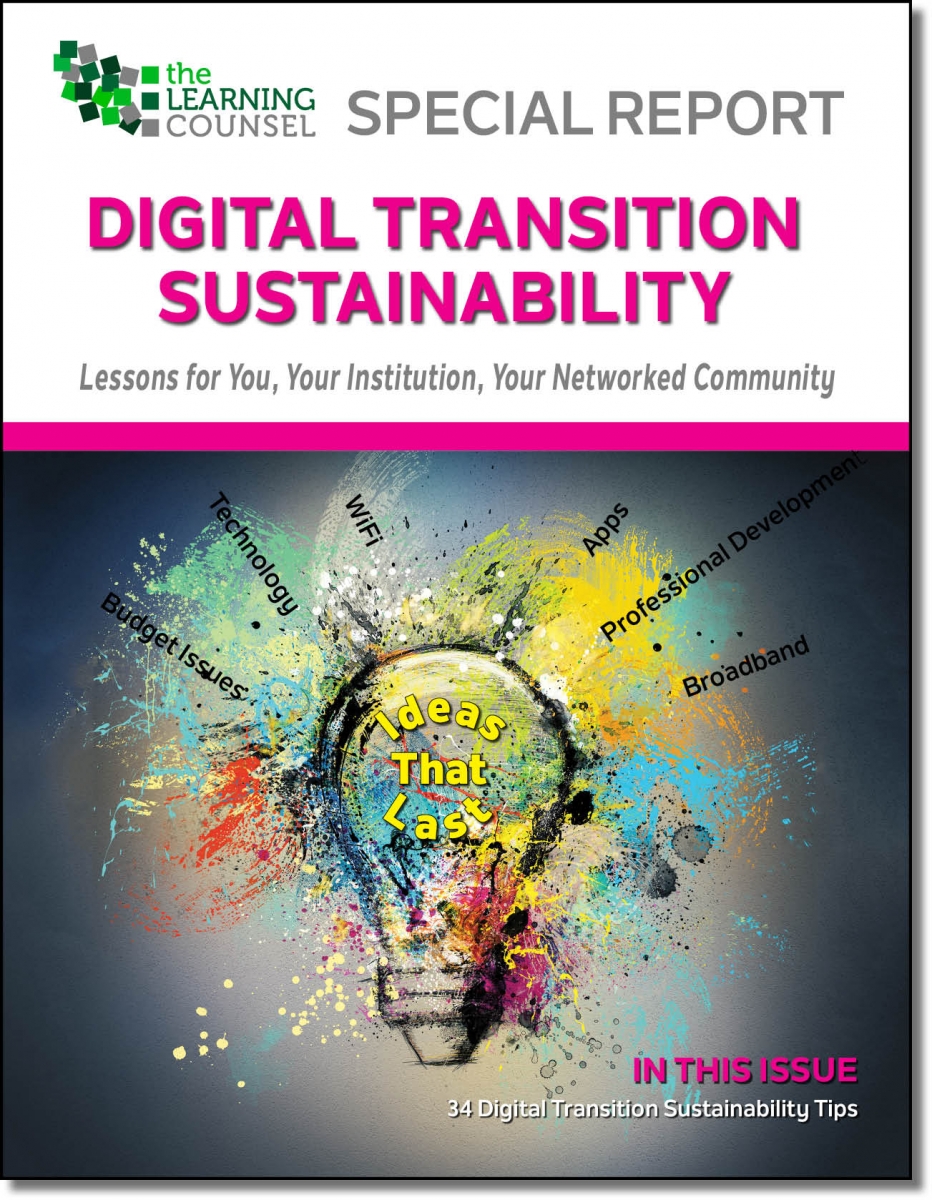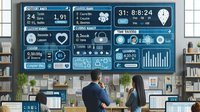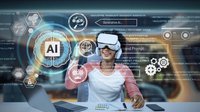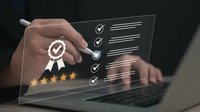Rousing discourse about schools’ and districts’ digital transition was the order of the day at each of the 14 Learning Counsel spring Digital Curriculum Sustainability Discussion events. From Philadelphia to Atlanta to Minneapolis to Houston to Orange County, California, these day-long meetings of local Superintendents, Chief Academic Officers, CIOs, instructional technologists, principals, and teachers inspired conversations about digital curriculum sustainability, each adding new local insights that were shared forward into subsequent cities.
“Each city gets anecdotes that we from earlier cities.,” said LeiLani Cauthen, CEO and Publisher of the Learning Counsel. “It’s almost like the Learning Counsel gets to synthesize what is working and repeat it across to others as we go to the next city.” Cauthen said 85% of attendees at the spring events were executive rank educators who came to hear from each other and discuss their plans for the future.
“Having spoken with hundreds of education executives over the past several months who represented over 200 school districts, from every corner of the country, we’ve been able to filter through the ‘noise’ and confusion,” said Cauthen. “While the Learning Counsel has shared many lessons of how sustainability is accomplished, we’ve also learned a few new lessons ourselves about how schools are being sustainable in their digital transitions.”
Those lessons are compiled in the Learning Counsel’s latest special report, 34 Digital Transition Sustainability Tips. Some of the key factors for sustainability laid in the report include the following:
- Knowing how you fit. In other words, leaders have become aware that many teachers are, on average, not learning even the most basic tools of modern classroom technology options in the teaching colleges. This was putting a full spectrum of new professional development squarely on their shoulders.
- Shifting budgets. This continues to be a huge issue. The 2016 Learning Counsel survey of digital curriculum strategy and transition found that 80% or more of school budgets have not shifted from paper textbooks. The fastest way to get sustainable is to go to a full coverage model of digital and stop trying to pay for both paper and digital.
- Stakeholder engagement. Dr. Karla Burkholder, the Director of Instructional Technology for Schertz-Cibolo Universal City ISD in San Antonio, TX., shared with us that having everyone at the table is a smart sustainability move because agreement creates a coordinated flow of action. Not knowing the “why” of decisions leaves people with only their own separated view of things, and builds resentment.
As Max Clark, the Assistant Superintendent for Kingman-Norwich USD shared, “I must tell you that not a day goes by I don't find myself sharing stories, facts, and other bits of information that I learned at the event. You know your work is important when I find myself sharing with others and wishing they could have heard what I heard. The exciting thing is knowing there will be more opportunities for many more to benefit from your events in the future.”
The Digital Curriculum Sustainability Discussion events dive deep into understanding types and designs of actual curriculum as a central concern—games, software, eBooks, subscriptions, apps, LMSs, SISs, testing/assessment, and how all these are strategically organized for sustainable transformation to digital. An evaluation matrix to guide the choice of the best digital curriculum software for your school is shared during the day. Industry leaders share the latest tools and solutions for district and school challenges as they define the complete education transformation continuum.
A schedule of cities for the Fall Digital Curriculum Sustainability Discussion events is now posted. All are welcome to discuss their move to digital content and curriculum.
Download the Sustainabilty Special Report.











